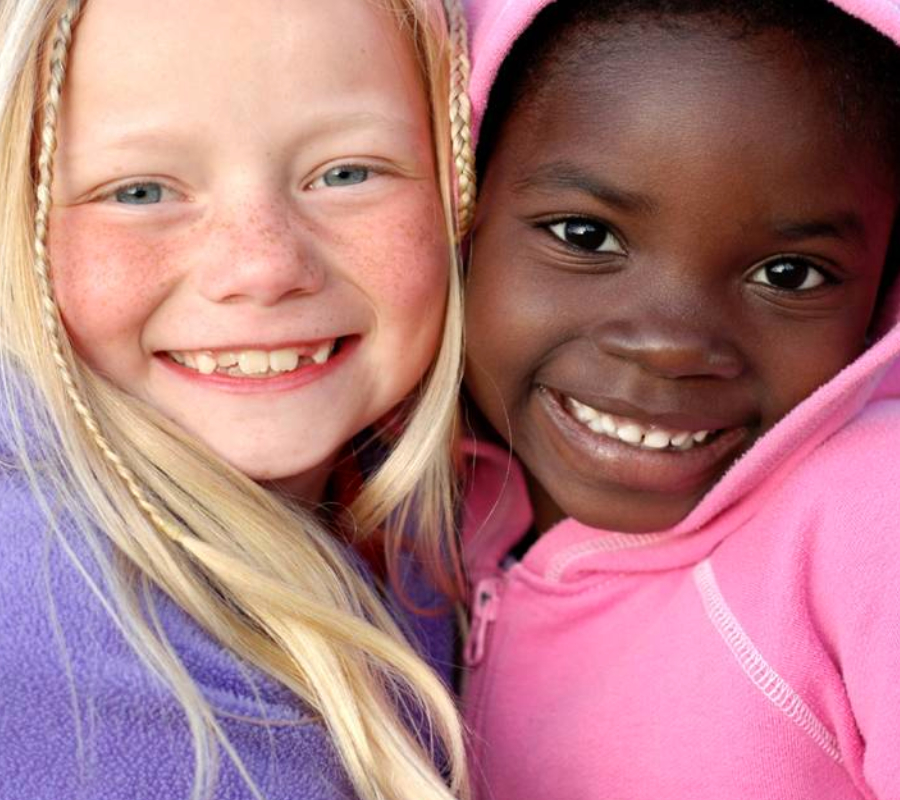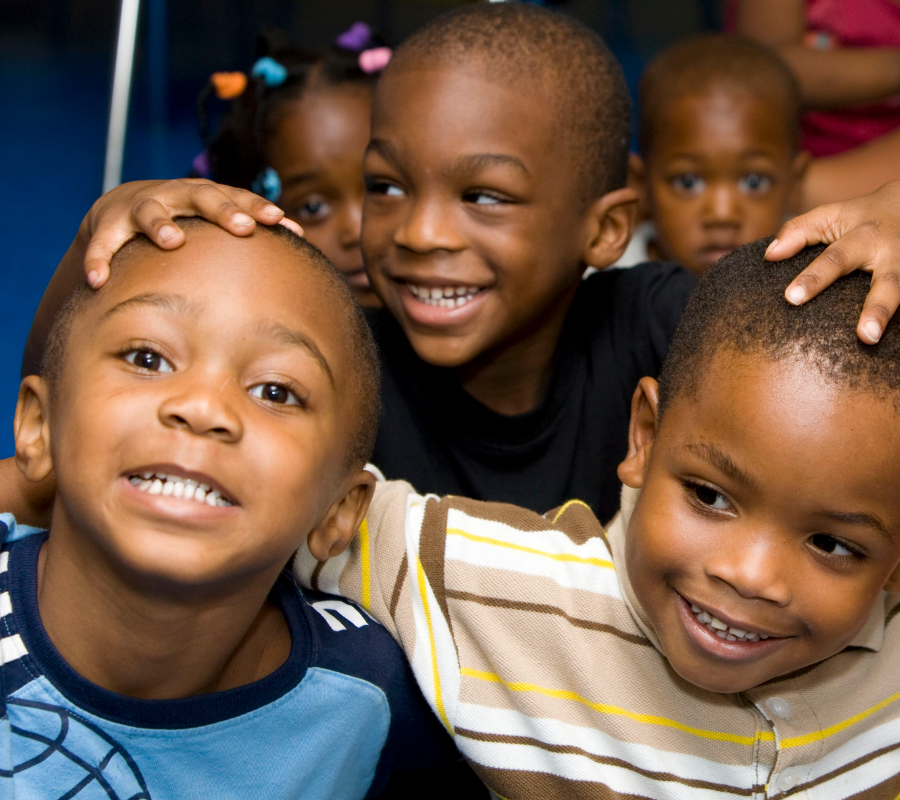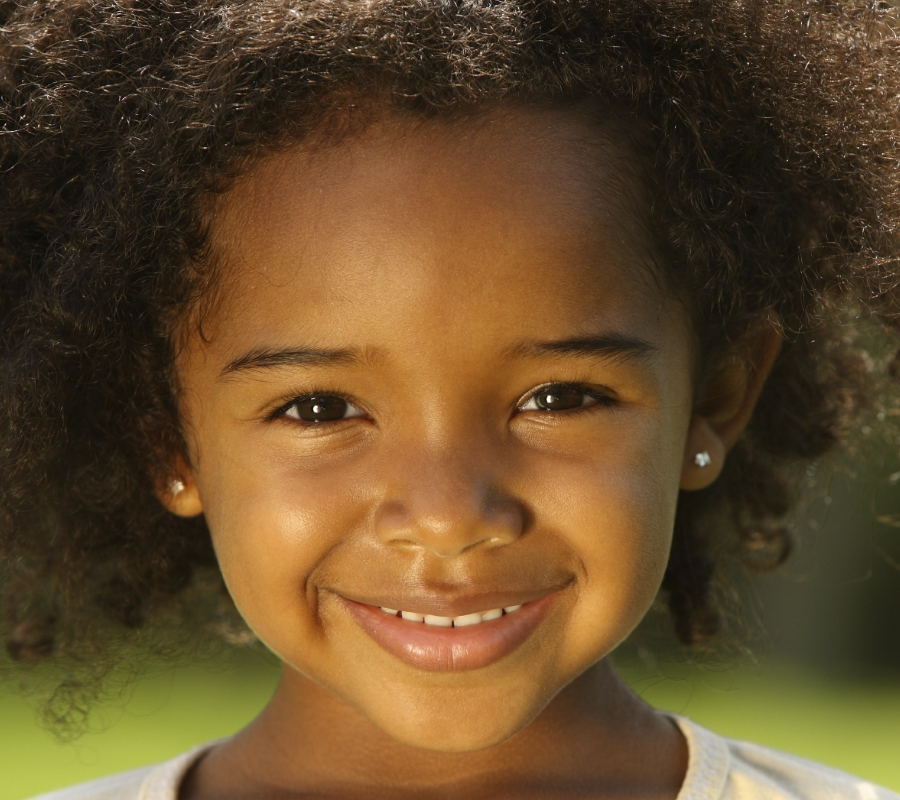Behavioral or psychiatric problems among African-American and Hispanic children are rarely treated by health care providers, according to a new study published Friday by Physicians for a National Health Program in the International Journal of Health Services. These children are often incarcerated or receive school punishments.
Researchers have suggested that black and Hispanic children and young adults are less likely to get mental health care than white children or young adults, even when the subjects present the same conducts and have similar rates of mental health problems. The study was led by Dr. Lundonna Marrast, a fellow at Harvard Medical School, alongside Dr. Steffie Woolhandler and Dr. David Himmelstein, both professors at the City University of New York at Hunter College.

A nationwide investigation
Researchers analyzed data from children under 18 years old and young adults between 18 to 34 years old from the Medical Expenditure Panel Survey. The study was conducted in all 50 states of the United States, using recent data from 2006 to 2012.
The study called “Racial and Ethnic Disparities in Mental Health Care for Children and Young Adults: A National Study” considered visits to psychiatrists, social workers, psychologists and counseling as mental health care.
Ethnic minorities received about half of those services in comparison to their white counterparts. Substance abuse counseling and mental health counseling are provided more frequently to white children than to black or Hispanic children.

Racial disparities were larger among young adults
Findings revealed that black and Latino children made about 50 percent fewer visits to health care specialists than white children, but the low use of health care services was not due to lesser need.
On the contrary, these populations had similar rates of mental health problems and similar rates of severe episodes ending in hospitalization and emergency visits.

The disparities are larger among young adults. The rates of mental health treatment in this age group are about three times shorter when compared to rates of white populations.
Parents may be part of the problem, suggested the study. Hispanic parents are less propense to report mental health issues of their children.
Cultural backgrounds and social structures among the Latino families could explain this phenomenon, which is affecting the rate of Hispanic children receiving counseling and treatment that could prevent further health problems.
Although poverty is also a feature linked with the access to mental health care, differences in income and insurance did not account for racial disparities.
Uneven access to mental health care might cause social consequences
This under-provision of mental health care contrasts with the high frequency of punitive sanctions to difficult behavior among young minorities, proposed the authors.
The result of youthful transgressions in the white population usually ends in referral for mental treatment, while transgressions among minorities often incur criminal sanctions.

“It has become increasingly clear that minorities are overrepresented in the criminal justice system and underrepresented in the receipt of mental health care. We need to look closely at how equitably our health care institutions are serving all segments of society,” said Dr. Marrast and Dr. Woolhander in a statement.
According to the Centers for Disease Control and Prevention, 1 out of 7 children aged 2 to 8 years has a mental, behavioral or developmental disorder. Psychiatric and behavior problems are common among children and young adults in all racial groups and many minorities go without care or only receive treatment once the damage has been produced.
“Minority kids don’t get help when they’re in trouble. Instead, they get expelled or jailed. But punishing people for mental illness or addiction is both inhumane and ineffective. The lack of care for minority youth is the real crime,” added Dr. Marrast and Dr. Woolhander.
A new National Health Program
The authors of the study co-founded the movement Physicians for a National Health Program, a non-profit research and education group that aims to design and implement a comprehensive health coverage system in America with a universal single-payer plan. More than 20,000 doctors support this organization as the most holistic mechanism to create a new national health program.
Source: Eureka Alert
